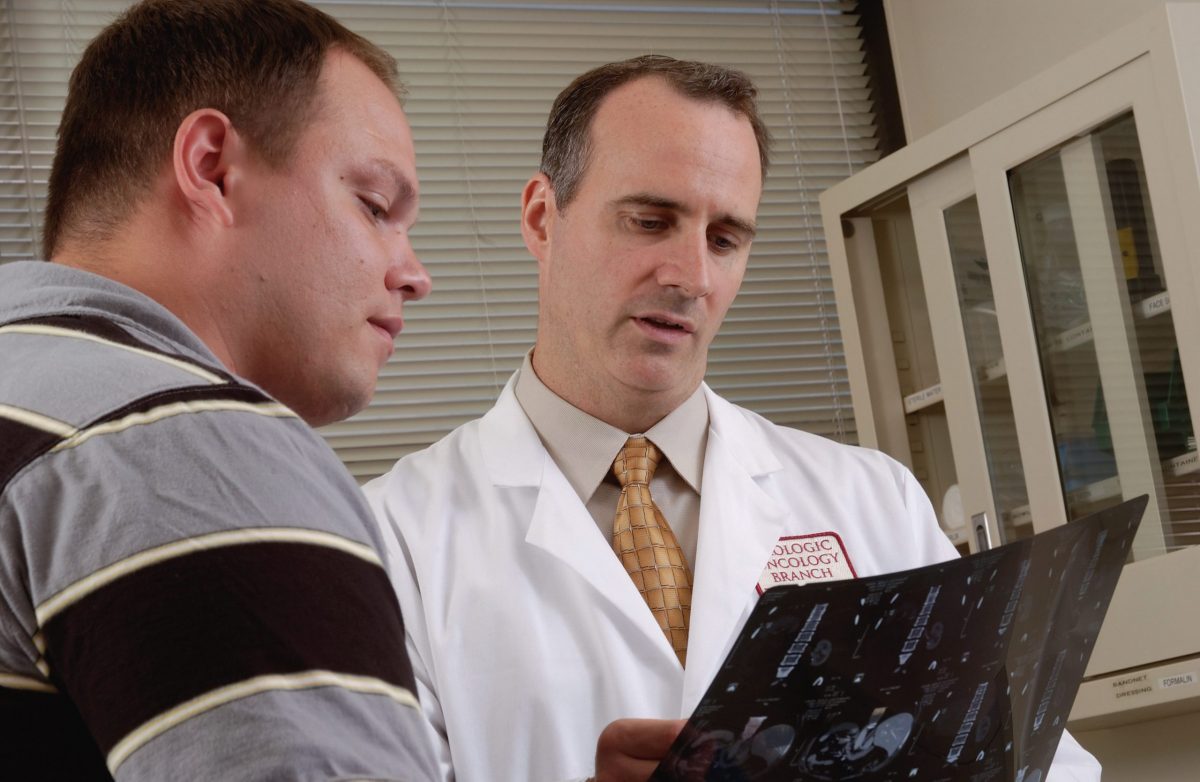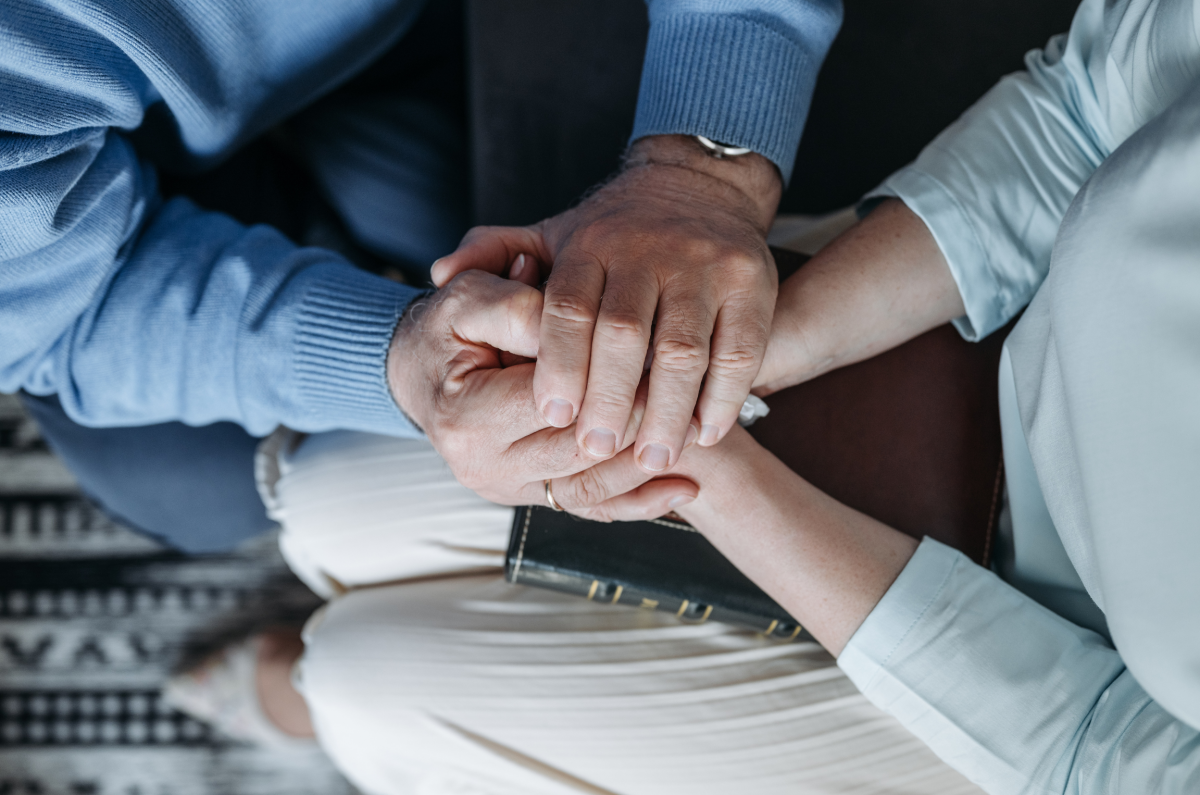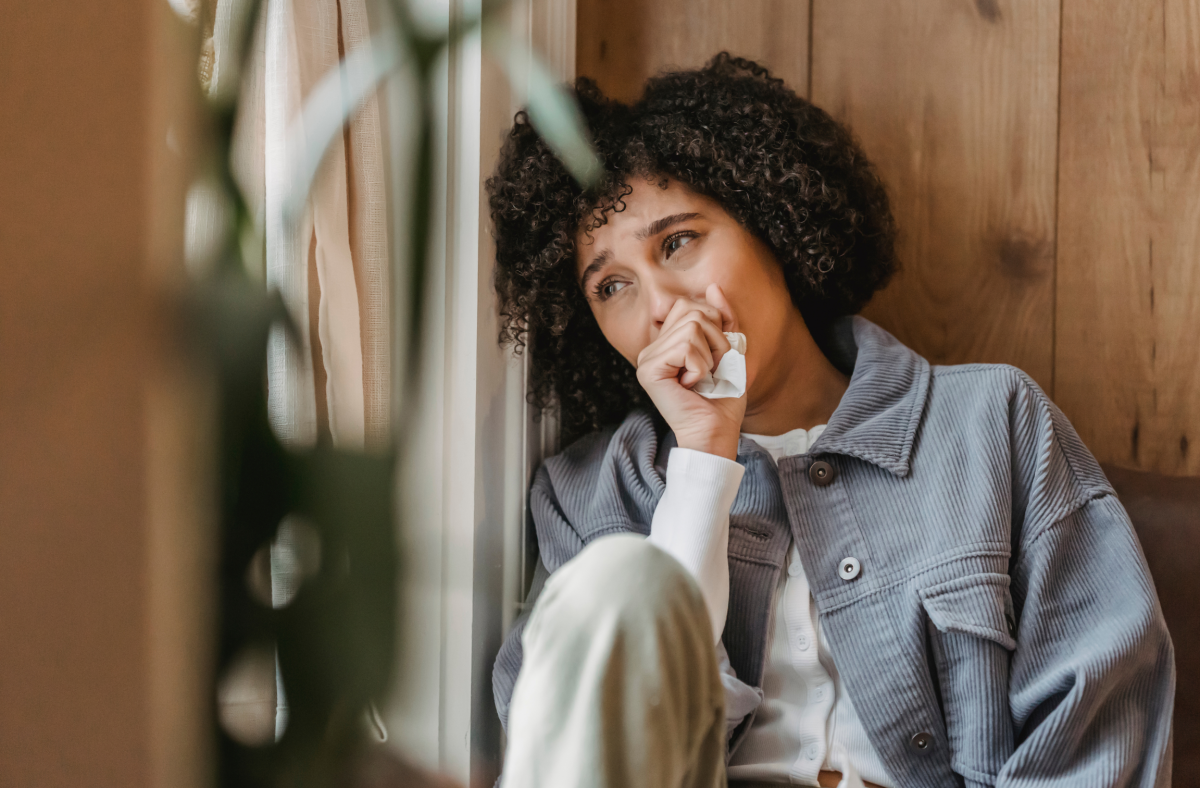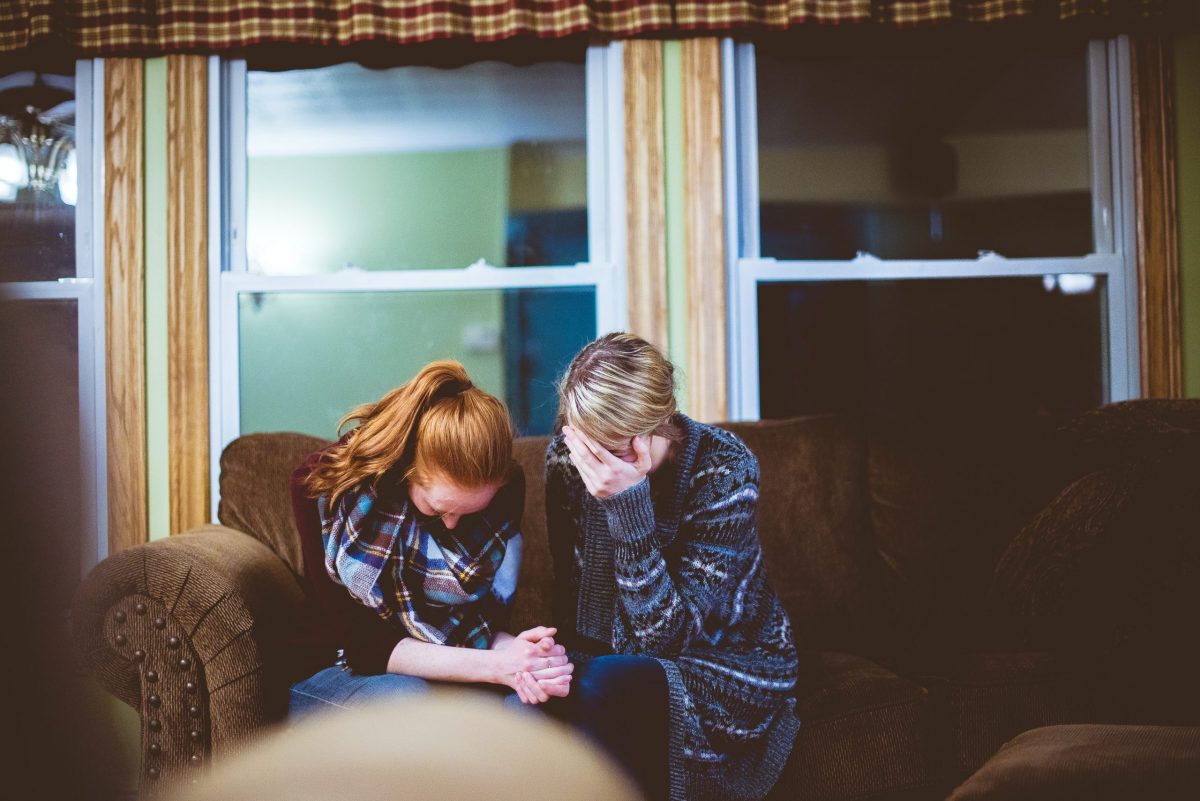Losing someone close to you will undoubtedly have a profound effect on you and your life. Life will change. You need to give yourself the time and space to grieve and to accept your loss, after which you will probably be asking yourself many questions, such as: who am I now that my life has changed? What does my life look like from now on? How do I find purpose and enjoyment in life again?
But don’t worry. You’re not alone. Many people struggle with these questions after losing someone close to them. Finding purpose after loss is something you will be ready to do when the time is right. Here are some ideas for what you can do to adapt your life to the new normal.
Travel
Many people decide to travel after losing a loved one. Not only does it give you time to reflect and take on board how your life has changed, travel also gives you a time to heal, to relax and recuperate in places that are completely different to home, so they won’t hold any painful memories. Whether you choose to travel alone or with a friend, embracing a new experience and making new memories will help you come to terms with your loss and start on your new journey.
Maybe there are places you’ve always wanted to visit or a certain type of holiday you’ve always fancied trying. This is the perfect time to fulfil these long-harboured dreams – it will give you an enormous sense of accomplishment and help you realise that you are strong enough and brave enough to face your new life.
Reconnect (old friends, old pastimes)
After losing someone close to you, you may think about reconnecting with old friends who you have lost touch with or following an old passion that you put on the back burner. Reconnecting with old friends will not only give you a welcome distraction from your loss, but it will also help you reconnect with yourself, who you used to be. This will really help with adapting to your new life and give you a fresh perspective on your life now, compared to how it used to be.
The same can be said for hobbies or past times that you’ve not enjoyed in a long time. As well as distracting you from painful thoughts, it could also rekindle a passion you once had, giving you new direction and new purpose.
New experiences
Whatever you choose to do after losing someone, it is important that you take the opportunity to embrace new experiences. Making new memories, fulfilling lifelong ambitions and just trying things you’ve also fancied is a way to forge a new path, one that isn’t too painful and full of reminders of your loss. This could be taking up a new hobby or past time, trying different cuisines, different social events, volunteering or joining a new community to connect with like-minded people.
Finding purpose after losing a loved one can really help you come to terms with your new life. There is no need to feel guilty about moving on, it is a vital part of the healing process. You can find purpose while still honouring the memories of the loved one you have lost. But reconnecting with yourself is the path to long term happiness and finding a place where you can continue to live your life in a positive way and coming to terms with your loss is possible.









